
The Human Side of Enterprise
Read or listen offline
Recommendation
Douglas McGregor was a great boss. Wise, witty and insightful, he had extraordinary respect for his employees and believed that if they had the opportunity, they would be enthusiastic, responsible and ethical in the workplace. He believed this so strongly that he wrote this book in 1960 and forever changed management, whose predominant philosophy at that time was that people were inherently lazy, and would work only if you forced and punished them. McGregor was only 58 when he died in 1964, but his contributions to management theory and practice ensure his enduring legacy. In his introduction to this edition of McGregor’s classic, commentator Joel Cutcher-Gershenfeld points out that in 2004 and 2005 – nearly 50 years after it was published – business journalists and theorists still referred to McGregor’s work repeatedly in print. Furthermore, you can apply his philosophy and principles to your everyday life and relationships. McGregor has a tendency to overwrite and, at times, he doubles back over territory that he’s already covered. But these are quibbles. getAbstract believes this persuasive book will alter your views about management and your fellow workers. If you supervise others and you haven’t yet read it – what are you waiting for?
Take-Aways
About the Author
Douglas McGregor was president of Antioch College and a founding faculty member of MIT’s Sloan School of Management.








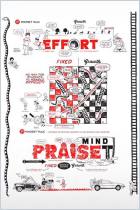

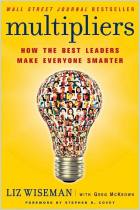
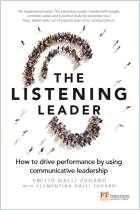
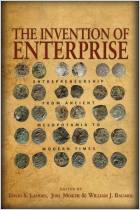
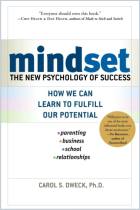


Comment on this summary or Démarrer une discussion